Benches made from nappies: Inventive recycling hacks
- Published
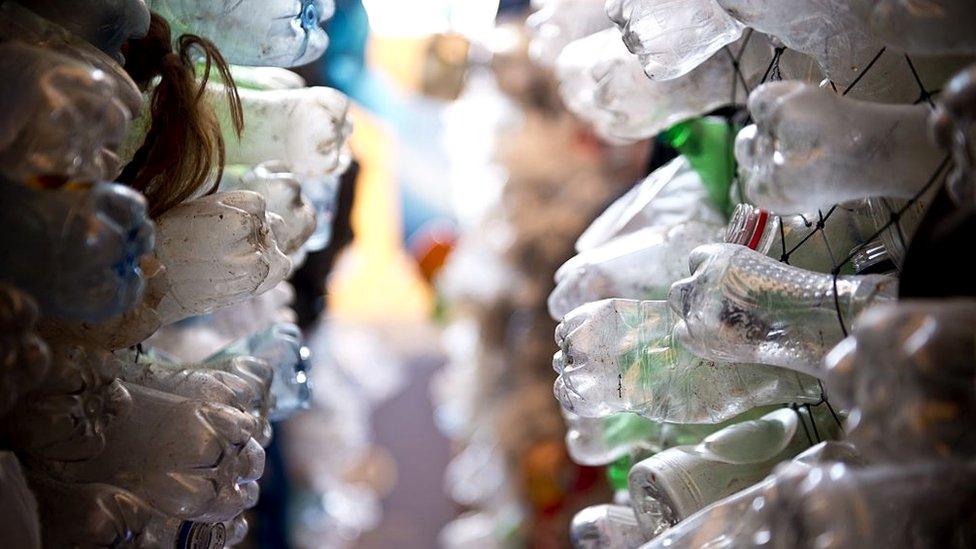
Like it or not, rubbish is a part of our world. In 2012, the world's cities produced 1.3bn tonnes of solid waste each year, according to the World Bank, external.
This is a figure that is set to increase to 2.2bn tonnes by 2025, as urban populations grow.
Not only is the waste we produce rapidly increasing, but we are also running out of ways to dispose of it. In January this year, China said it would no longer process the millions of tonnes of "foreign garbage" shipped to it each year by the West.
At the same time the rising level of plastic in the ocean has become a "planetary crisis", according to the UN, risking irreparable damage to sea life.
Out of sheer necessity, we need to rethink the way we approach recycling. Some entrepreneurs are already on the case, taking the most unlikely objects and transforming them into something useful once more.
"Over these past few months, our awareness of the issue of plastics in the environment has come to the forefront. It's at a point where governments can't really sidestep the topic any more," says Peter Jones of environmental consultancy Eunomia.
When times are tight, consumers tend to let environmental concerns slip down their list of priorities, according to Mr Jones. But he thinks that there is money to be made in these green sector start-ups, provided the idea is scaleable.
Here are just some of the inventive recycling hacks businesses are coming up with:
Nappies into plastic benches
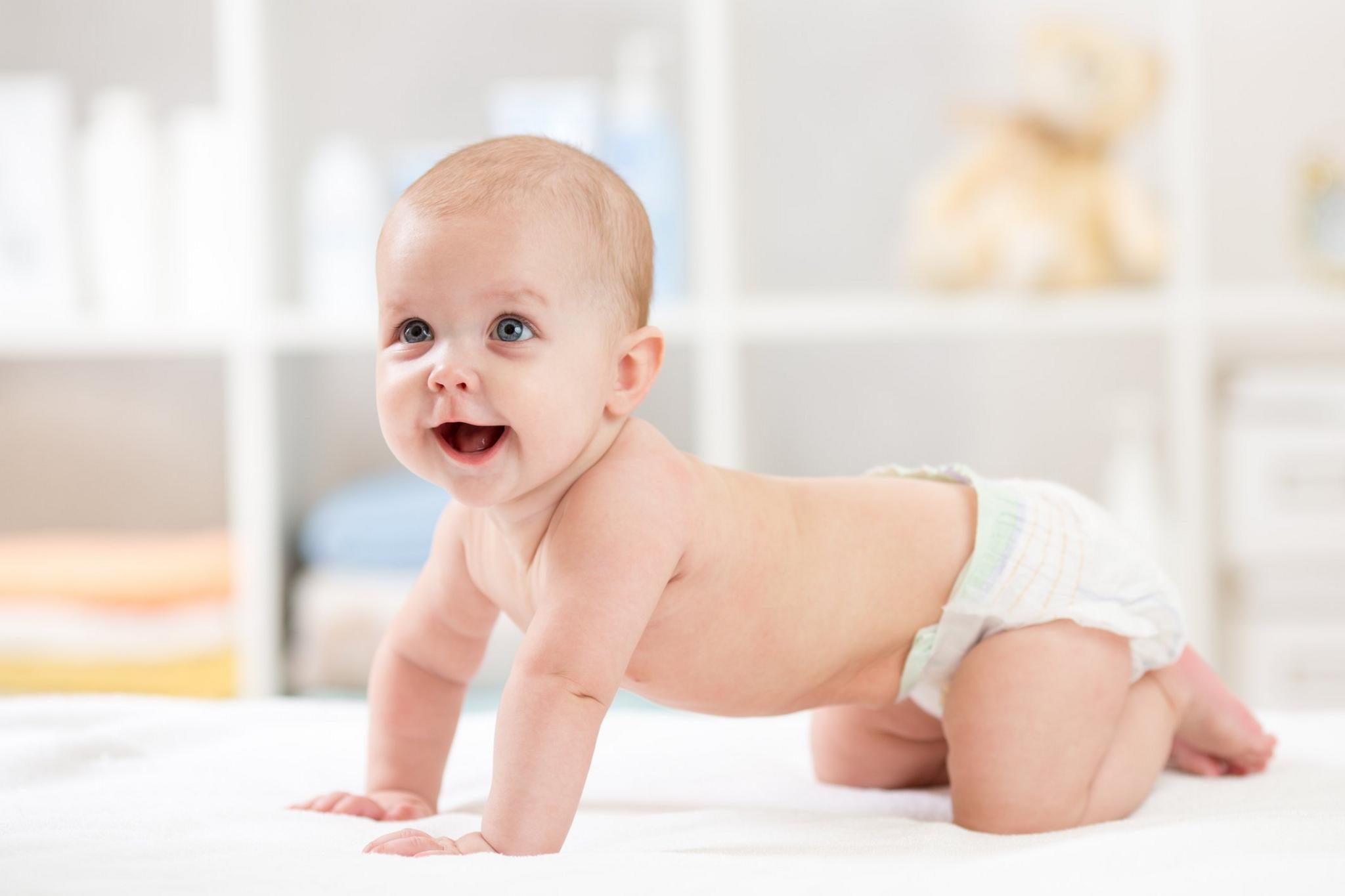
Making a mess: billions of nappies end up in landfill every year
While it may not be the most glamorous endeavour, several organisations worldwide are committed to turning used nappies and sanitary products into everyday items such as plastic benches and bottle tops.
It's a huge issue as a staggering three billion nappies are thrown away in the UK every year - and that figure is as high as 20 billion in the US.
Waste2Aromatics is a 1.3bn euro ($1.6bn; £1.15bn) project started by the Dutch research firm Biorizon. It is one of many schemes aiming to change this.
It focuses on aromatics - the raw materials used by the chemical industry to make products such as plastic. Currently, these are usually produced from fossil sources, generating considerable CO2 emissions.
By swapping these with the wood fibre from used nappies and sanitary products, they can cut down on CO2 emissions, and recycle a product that would ordinarily be making its way to landfill.
"At the end of last year we convincingly proved that it is possible, on a lab scale, to convert waste streams into furans, the raw materials for aromatics," says Monique Wekking, business development manager of Biorizon/TNO.
"We are now scaling up and working towards our ultimate goal: commercial production of bio-aromatics."
Bread into beer
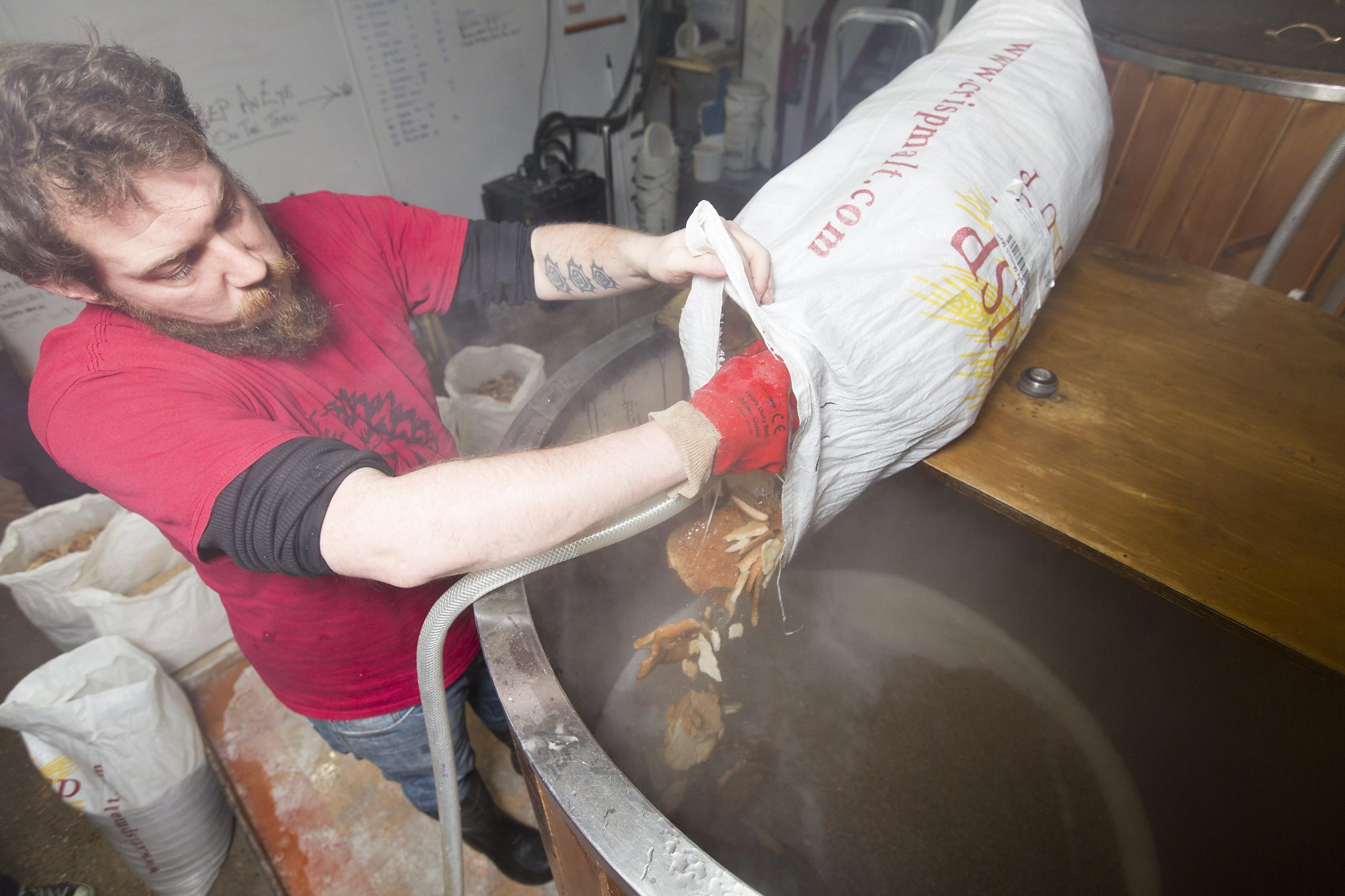
Ancient inspiration: Toast Ale turns bread into beer, a practice that has been going for thousands of years
In the western world, sandwiches are a diet staple. But of course, bread goes stale quickly, making it one of our most discarded foods. In the UK alone, almost half of the bread bought is thrown away. So what can we do to counteract this?
Environmental campaigner Tristram Stuart is turning leftover bread into beer, a practice that can be traced at least as back as far as Babylonian times - and probably earlier. Indeed, beer has been called "the midwife of civilisation", external.
His firm Toast Ale uses the heel end of loaves, sourced from bakeries and sandwich makers, as a component in the beer alongside yeast and hops.
Founded in London in 2015, the company now also operates out of South Africa and New York City. All of the profits go into Feedback, a charity set up by Mr Stuart aiming to halve all food waste by 2025.
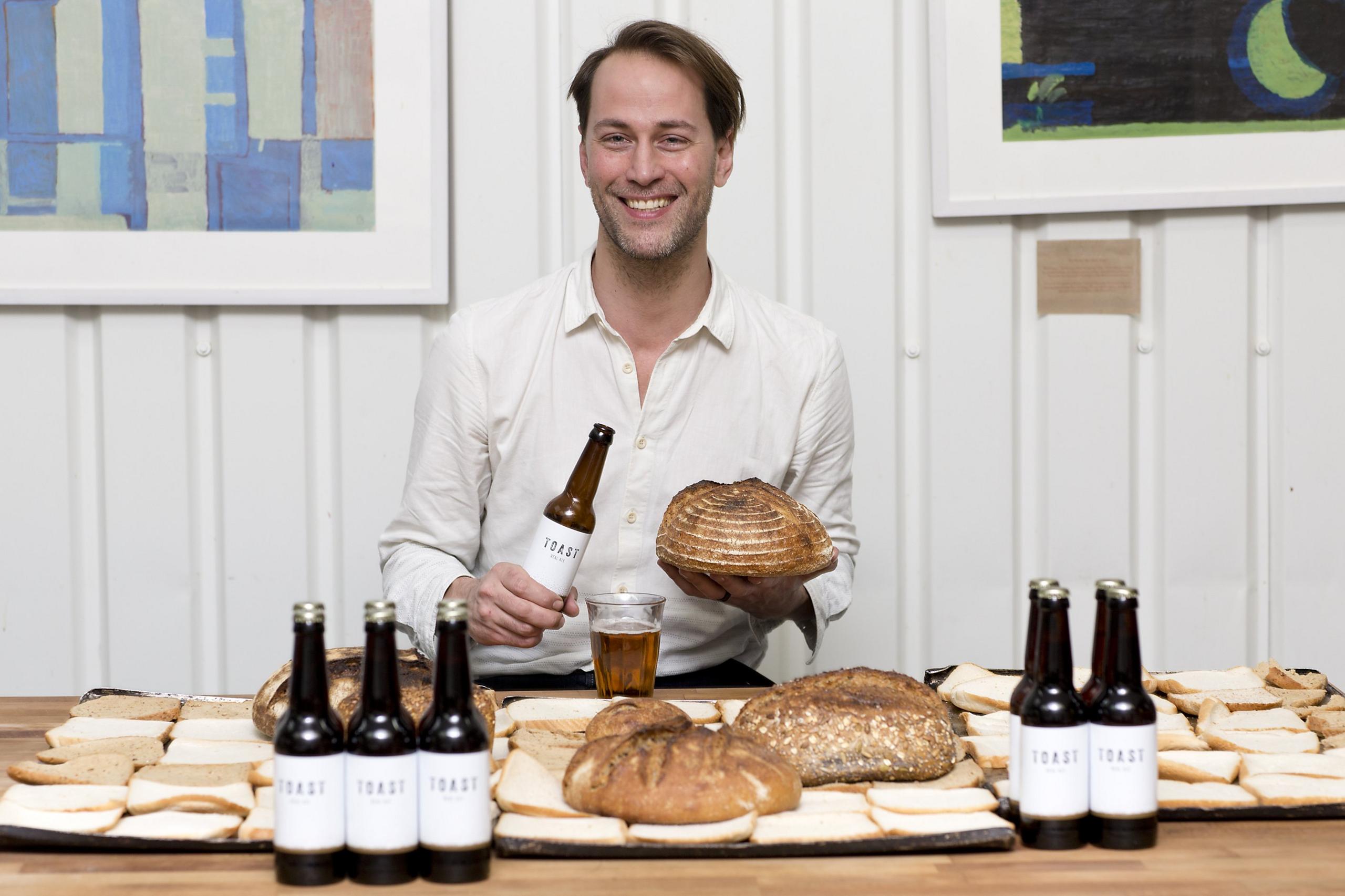
Toast founder Tristram Stuart: "Food production is the biggest impact we have on the planet"
Mr Stuart says: "At Toast, we're reinventing an old tradition to tackle a modern problem - food waste.
"Food production is the biggest impact we have on the planet, from the resources used to produce it, to deforestation, biodiversity loss and climate change. Yet globally we waste a third of all food produced.
"Bread is the most wasted food item so we're tackling the problem directly by turning surplus into beer."
Smartphones into...more smartphones
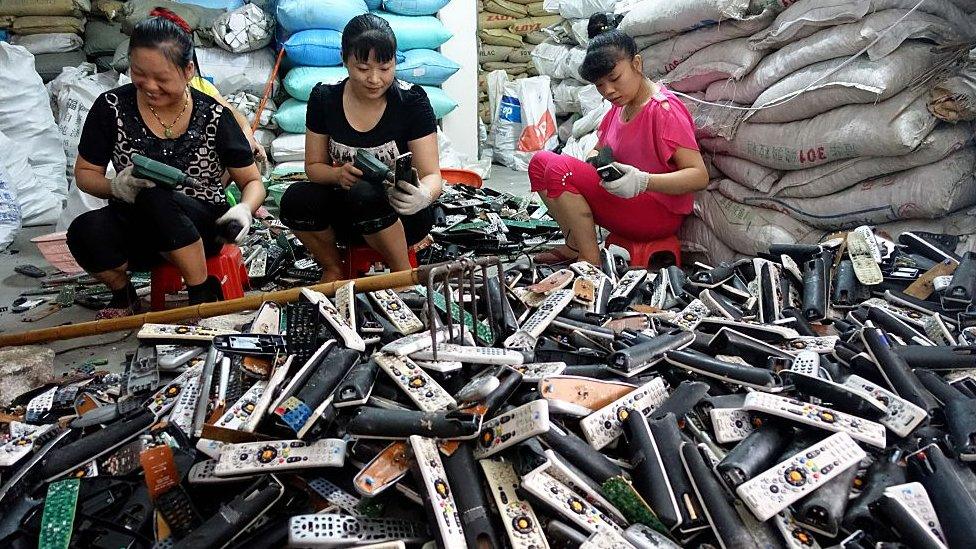
Recycling materials tend to be thought of as plastics and cardboard. But these days, it's actually electronic waste that is thought to be the fastest-growing source of rubbish in the world.
Also known as e-waste, it consists of unwanted technological items such as smartphones, computers and TV's that are discarded by their owners when they decide to buy an upgrade.
About 50m tonnes of e-waste is produced every year according to the UN and only a fraction of those unwanted electronics are recycled, even though they contain precious metals like gold, silver, and copper, a trade worth in the region of £40bn.
This makes them a valuable income stream for "urban mining" - the extraction of precious metals for future use, including making more electronic goods.
"Closing the gap" in our rapid consumption of electronics sounds like a positive, but there is a dark side to this practice. The Chinese town of Guiyu is known as the "e-waste graveyard" of the world, taking in an estimated 1.6m tonnes of it every year.
Extracting the metals, often by hand, has filled the town with fumes and pollution, contaminating the soil and waterways. This has had a drastic effect on the health of the local population, with studies showing incidents of lead poisoning and higher than average chance of miscarriage.
But if it can be done without harm, urban mining can be a lucrative way to solve our growing e-waste problem. Start-ups such as BlueOak in the US are dedicated to recycling electronics safely, by creating mini-refineries to do the work.

Global Trade
More from the BBC's series taking an international perspective on trade: